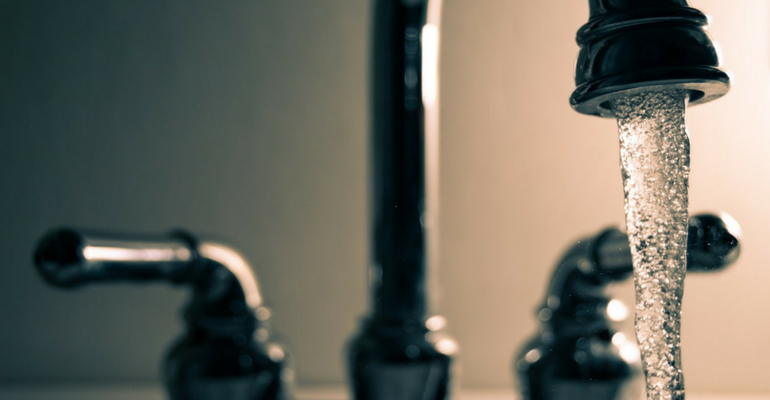New Study Finds 45 New Jersey Towns Have Polluted Water

A new study found eleven harmful water pollutants in the drinking water of 45 New Jersey towns. Those eleven harmful contaminants cause cancer, developmental issues in children, problems in pregnancy and other serious health conditions. This report was released by the Environmental Working Group (EWG), an independent nonprofit organization, and it included a detailed account of the contaminants.
EWG tracked 93 contaminants across the state of New Jersey’s water supply. The following 11 contaminants have been detected above health limits:
- Total Trihalomethanes (TTHMs) – linked to bladder cancer, skin cancer and fetal development issues.
- Chloroform – linked to cancer and fetal development issues.
- Bromodichloromethane – linked to harm to child and fetuses, as well as reproductive difficulties.
- Radium-226 – linked to cancer.
- Radium-228 – linked to cancer.
- Dibromochloromethane – linked to cancer and harm to fetuses.
- Perfluorooctanoic Acid (PFOA) – linked to cancer, endocrine disruption, accelerated puberty, liver and immune system damage, and thyroid changes.
- Arsenic – linked to cancer.
- Bromate – linked to cancer.
- Chromium (hexavalent) – linked to cancer, liver damage and productive system damages.
These contaminants were detected above legal guidelines:
- Trihalomethanes – linked to bladder cancer, skin cancer and fetal development issues.
- Mercury – damages the kidneys and other internal organs.
Find out if your drinking water is safe.
Erin Brockovich Movie and EPA ECHO Database
And it gets a lot worse with New Jersey drinking water pollution… Similar reports have found drinking-water violations throughout the state. Study: At Least 138 N.J. Towns Have Drinking Water Toxin Made Famous by the “Erin Brockovich” movie.
The Environmental Protection Agency database, Enforcement and Compliance History Online (ECHO), collects compliance and enforcement related information for drinking water utilities nationwide. The list shows the towns that accumulated the violation points as of January to March 2017 in New Jersey. You can also read the full list of 45 New Jersey locations that had “violation points” based on the presence of contaminants that exceeded health-based drinking water standards.
“There are chemicals that have been linked to cancer, for example, that are found above health-based limits, or health guidelines, in the water of more than 250 million Americans,” said Nneka Leiba, director of Healthy Living Science at EWG. “There are more than 250 contaminants across our nation’s drinking water,” said Leiba. “About 160 of those are unregulated. And that’s a big concern, because if a chemical is unregulated, that means it can be present in our water at any level – and be legal.” Most of the water in the United States comes from local utilities that measure contaminants in their water supply, but this data can be difficult to obtain.
What You Can Do
Once people know about the high levels of dangerous contaminants in their water, the first question they have is what can they do to protect their health?
“There’s a way to reduce those levels simply by buying a water filter,” said Leiba. However, it’s important to remember that even high-quality water filters are not 100% effective at removing contaminants.
“Filters don’t remove everything,” said Scott Meschke, professor of environmental and occupational health sciences at Washington University. He emphasized that it’s important to make sure you’re using a filter that is designed to fit your local needs. He also said that users should change water filters on a regular basis. Old filters that are never replaced can host bacteria, which also has potential dangers.
People who don’t get their water through a public utility will have different needs. “If you are on a private well, I would say that you need to be monitoring your water. You should be paying on a regular basis to have it tested,” Meschke said.
Read the full article at Patch.com.





